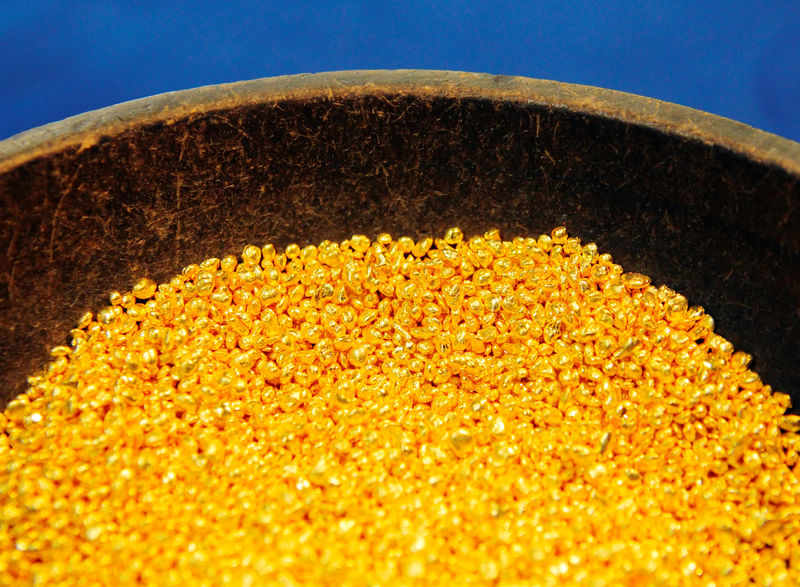
Investing.com– Gold prices fell in Asian trade on Monday, pressured by a stronger dollar after U.S. President-elect Donald Trump threatened to impose steep tariffs on the BRICS group of countries.
Safe haven demand for gold was also stymied by signs that the Israel-Hezbollah ceasefire appeared to be holding, although heightened tensions between Russia and Ukraine kept some haven buying in play.
fell 0.9% to $2,629.74 an ounce, while expiring in February fell 1.1% to $2,652.11 an ounce by 23:07 ET (04:07 GMT).
Trump tariff threat boosts dollar, pressures gold
Trump threatened to impose “100% tariffs” on the BRICS bloc, warning them against seeking alternatives to the dollar.
His threat dented the currencies of the bloc and pushed up the dollar, as traders feared even more protectionist policies from the U.S. under Trump. The president-elect had last week threatened additional tariffs on China, Canada, and Mexico- a move that could reignite a global trade war.
Trump’s threat buoyed the , which in turn weighed on metal markets across the board. Uncertainty over higher long-term inflation under Trump- which could keep interest rates elevated- also rattled metal markets.
Other precious metals retreated. fell 0.7% to $945.90 an ounce, while fell 1.5% to $30.648 an ounce.
Copper dips as tariffs, strong dollar offset China PMIs
Among industrial metals, copper prices fell on Monday as fears of more U.S. tariffs and a stronger dollar largely offset positive signals from top copper importer China.
Benchmark on the London Metal Exchange fell 0.5% to $8,976.50 a ton, while March fell 0.7% to $4.1145 a pound.
China- the world’s biggest copper importer- saw its manufacturing activity rise more than expected in November, and purchasing managers index data showed.
The reading came as Beijing rolled out a flurry of aggressive stimulus measures since late-September, aimed at shoring up economic growth.
While the measures appeared to be bearing some fruit, markets feared more economic headwinds from a trade war with the U.S.
Traders are also holding out for more stimulus measures from two key political meetings set to take place later in December.

